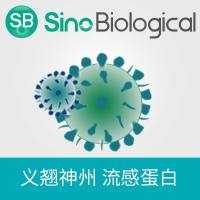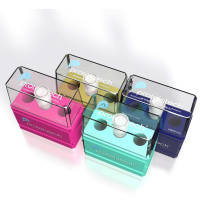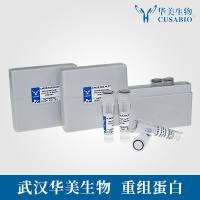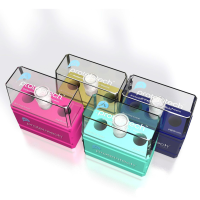Single-Cell RT-PCR Identification of Genes Expressed by Human Islet Endocrine Cells
互联网
互联网
相关产品推荐

Hemagglutinin/HA重组蛋白|Recombinant H1N1 (A/California/04/2009) HA-specific B cell probe (His Tag)
¥2570

Islet 1 多克隆抗体 15661-1-AP
¥1350

Ubiquitously expressed transcript Rabbit pAb(bs-6749R)-50ul/100ul/200ul
¥1180

Recombinant-Xenopus-tropicalis-Transmembrane-protein-173tmem173Transmembrane protein 173 Alternative name(s): Stimulator of interferon genes protein; STING
¥11704

PE Anti-Human CD8 (SK1) PE-65146
¥1130
相关问答
推荐阅读
Single Cell RT-PCR Identification of Odorant Receptors Expressed by Olfactory Neurons
Identification and Cloning of Differentially Expressed Genes by DDRT-PCR
Molecular Single-Cell PCR Analysis of Rearranged Immunoglobulin Genes As a Tool to Determine the Clonal Composition of Normal and Malignant Human B Ce

